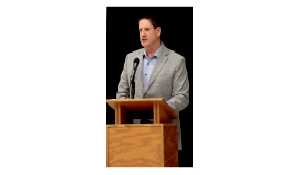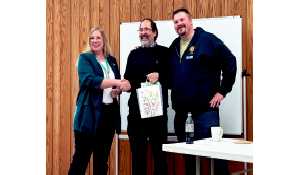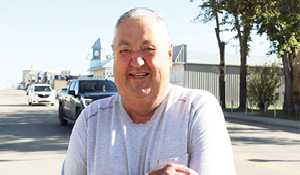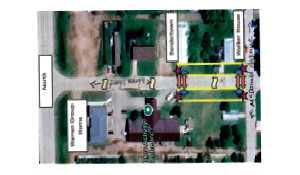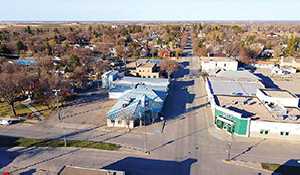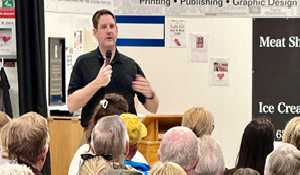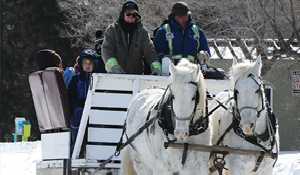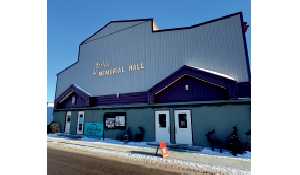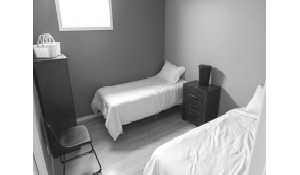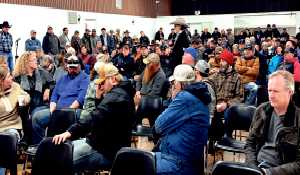Oil infrastructure program extended four more years
May 26, 2025, 9:33 am
Ryan Kiedrowski, Local Journalism Initiative Reporter

After proving successful over five years, the provincial government has decided to extend the Oil Infrastructure Investment Program for another four years. The goal of OIIP is to create greater market access for oil in the province plus support ongoing development of carbon dioxide pipelines, which help reduce emissions while bolstering enhanced oil recovery capacity.
“It has been extended because we have added some incentives to the program,” explained Energy and Resources Minister Colleen Young, pointing to the success of last year’s Multi-lateral Oil Well Program and the recently announced Low Productivity and Reactivation Wells Program as examples of incentives offered. “Getting to meet our goal of 600,000 barrels a day is really important for this province.”
The OIIP will continue to accept new applications until March 31, 2029, offering a 20 per cent royalty tax credit with a ceiling of $40 million on qualifying projects.
“It provides 20 per cent of eligible costs, and is encouraging companies to engage in dedicated oil and carbon dioxide pipeline projects and supports them in greenfield and brownfield pipeline projects,” said Young. “It’s a push to help get pipelines built, because as we know, Saskatchewan resources get to market safely and efficiently better through pipelines.”
A couple of the eligibility requirements are that a project must have a minimum investment of $10 million in eligible costs and has not become operational before the project application has been submitted. With Saskatchewan’s growth plan looking to increase oil production to 600,000 barrels per day, finding new ways to promote oil and gas is important.
“We’ve got to find creative and imaginative ways to get to that point,” said Warren Kaeding, Minister of Trade and Export Development. “The oil and gas sector is constantly evolving and changing. You see the names at the front of the businesses changing, and I think we just need to find a very creative way to make sure that we reach our growth plan. And that program is certainly one of them.”
Since OIIP began five years ago, new oil pipeline capacity has grown by 74,000 barrels per day with more than $100 million in private capital investment secured, and an additional $380 million conditionally approved.
“We have the most sustainably produced oil and gas in the world, and that’s a message that we need to make sure people are starting to hear about more all the time, because oil and gas usage is not going to go away,” Kaeding said. “It’s found in every single product that we utilize every single day, and until there is a breakthrough in scientific research that finds a different molecule that’s going to replace the carbon molecule, we’re going to need oil and gas for a long time. And we’re going to need it to generate power; we’re going to need gas in particular for quite a long time before we move to nuclear, or whatever that next generation of energy production is.”
A couple benefits of OIIP are that it can be utilized with other incentive and grant programs available in the province, plus credits are fully transferrable.
